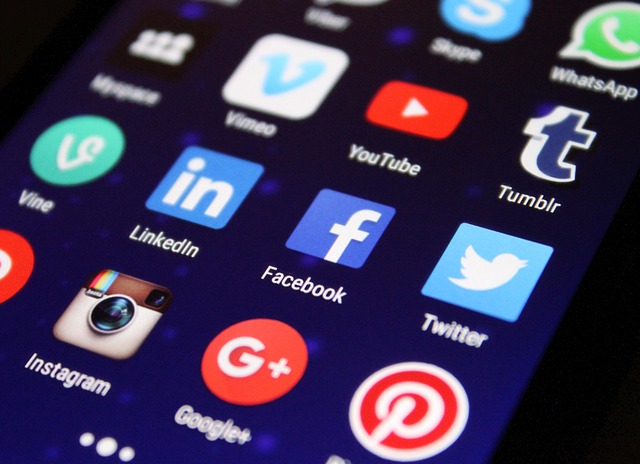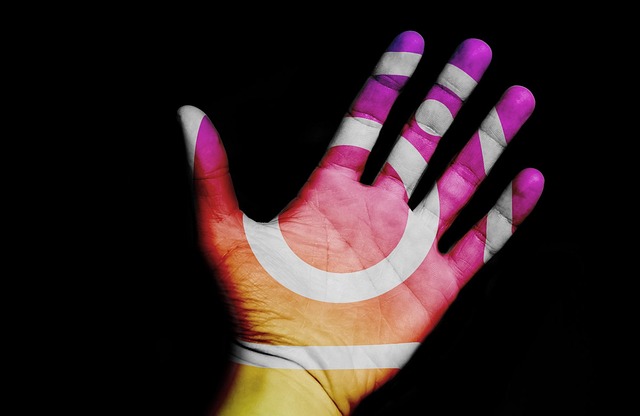The advent of social media has transformed the way we connect, communicate, and engage with one another. The social media effects are profound and omnipresent, permeating various aspects of our lives. Gone are the days when we solely relied on face-to-face interactions or traditional media for our information and social connections. Today, platforms like Facebook, Twitter, Instagram, and TikTok not only shape individual identities but also influence societal norms and behaviors.
One of the most remarkable impacts of social media is its ability to democratize communication. A single tweet can spark conversations among millions, breaking barriers that once existed in the realms of journalism and public discourse. This newfound accessibility means that voices that were previously marginalized can now be amplified, fostering a culture where diverse perspectives can emerge. However, this also introduces challenges, as misinformation can spread just as quickly, creating a ripple effect that complicates our understanding of truth and reality.
Moreover, the social media impact on personal relationships cannot be overstated. While platforms allow us to maintain connections across distances, they also raise questions about the quality of those interactions. Are we more connected than ever, or are we simply curating a facade of connectivity? The pressure to present an idealized version of ourselves can lead to feelings of inadequacy and anxiety, as individuals grapple with the realities of their lives compared to the edited highlights of others.
The influence of social media extends into the realm of mental health, a concern growing in prominence. Studies indicate that higher usage of social media correlates with increased feelings of loneliness and depression among various demographics. The constant cycle of comparison can lead to a distorted self-image, while the addictive nature of scrolling feeds can detract from engaging in fulfilling real-life experiences. Acknowledging these social media effects is crucial for fostering healthier online habits and promoting a balanced approach to technology use.
Another key area affected by social media is activism and social change. The hashtag movements, such as #MeToo and Black Lives Matter, have demonstrated how online platforms can mobilize communities for a common cause. Instantaneous sharing capabilities enable individuals to rally support, communicate vital information, and organize actions that demand justice and reform. This power has shifted traditional dynamics, where social movements were often limited to localized efforts, now harnessing global support with just a click.
Furthermore, businesses have had to adapt to this changing landscape. The rise of influencer marketing showcases how individuals can have substantial sway over consumer behavior. Brands are increasingly recognizing that their target audience is not just within traditional advertising channels; they are browsing through curated feeds filled with relatable content. This shift has made marketing more personal, yet it raises ethical questions about transparency and authenticity.
As we navigate this new era, we must remain critical of our social media habits. Engaging mindfully and intentionally is essential in understanding the social media effects on both personal and societal levels. By fostering awareness around what we consume and share, we can also advocate for more responsible usage and policies that prioritize welfare over engagement metrics.
The social media impact on society is undeniably transformative, carrying both potential benefits and pitfalls. It is vital to continue exploring how these digital platforms are reshaping our interactions, our communities, and our world. The dialogue around these effects must remain open, evolving alongside the changing landscape of technology and communication, enabling us to harness the positives while mitigating the negatives.



